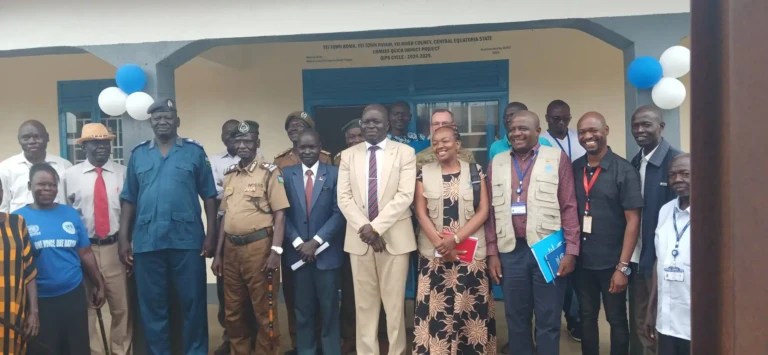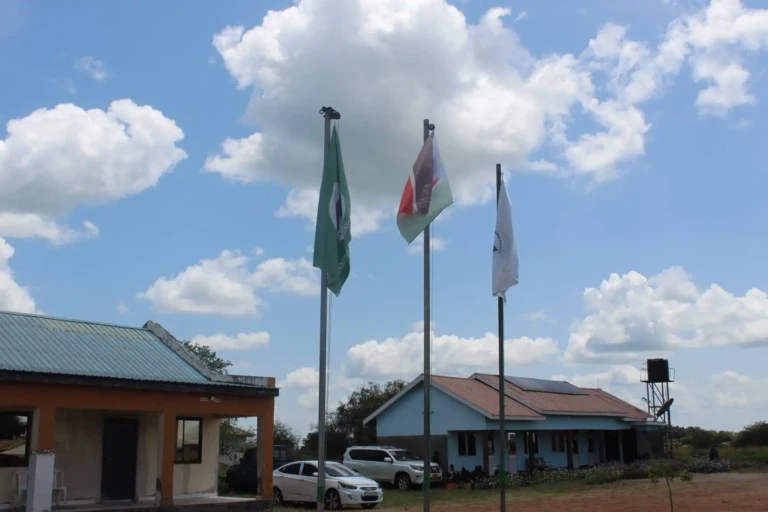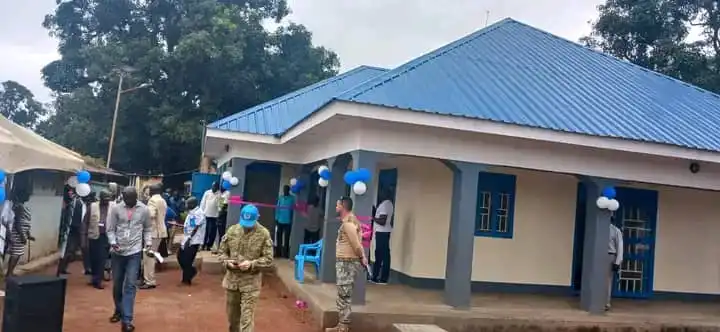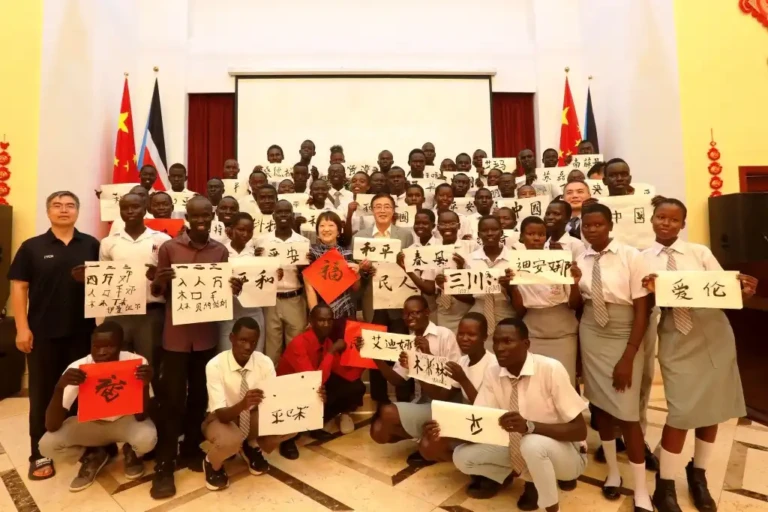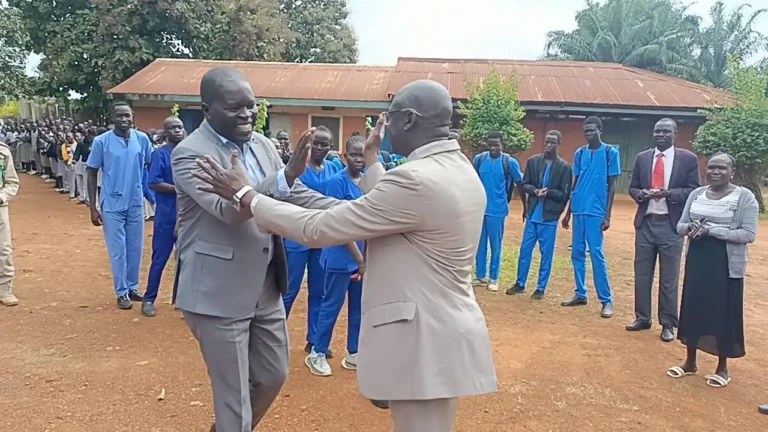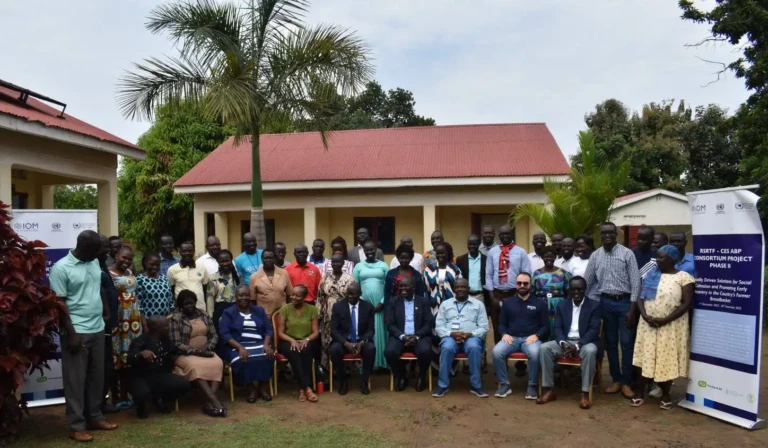
(Wau) – A military court backed by the United Nations Mission in South Sudan (UNMISS) has officially opened in Wau, the capital of Western Bahr el Ghazal State, to try members of the South Sudan People’s Defense Forces (SSPDF) accused of serious crimes. The court began its proceedings on 18 June and is expected to hear 28 cases, including 15 involving grave offenses such as rape and murder.
The opening ceremony was marked by a solemn atmosphere as judges and legal officers took their oaths. For many in the community, this moment represents hope for justice in a country where access to legal systems remains limited, especially in remote areas.
Major General Marech Chietak of South Sudan’s National Prisons Service emphasized that all individuals, regardless of their rank or role, must be held accountable under the law. “No one is above the law, irrespective of the uniform they wear,” he stated.
Justice Yai Anyuon Akot, a high court judge in Wau, underscored that the court is not only about punishing offenders but also about helping victims receive justice. He stressed that fair trials and transparency are central to rebuilding public trust in the legal and security systems.
“Military courts aren’t just for handing down sentences,” Akot said. “They are also for helping people who have been harmed, restoring confidence in the law, and improving relations between the army and the community.”
However, concerns remain among community members about how the court will handle the sensitive cases. Civil society representative Stephen Musa said people are worried about safety, retaliation, and whether their identities will be protected if they testify. “There’s a lot of doubt,” Musa said. “Many survivors fear reporting crimes if the outcomes don’t protect them. Building trust must go hand in hand with justice.”
Sam Muhumure, Head of the UNMISS Field Office in Western Bahr el Ghazal, acknowledged the community’s concerns and called for patience and engagement. He said supporting the court is part of UNMISS’s broader work to build peace and improve the relationship between civilians and military personnel.
“Given the history of conflict in this country, it’s understandable that people are cautious,” Muhumure noted. “But this process is a step forward toward long-term peace and accountability.”
The court is scheduled to conclude its work by 6 July, with verdicts and sentencing expected on that date. A civilian-military dialogue is planned for 7 July, where members of the public and the armed forces will engage in discussions to promote understanding of the legal process and strengthen community trust.
Discover more from Access Radio Yei News
Subscribe to get the latest posts sent to your email.

